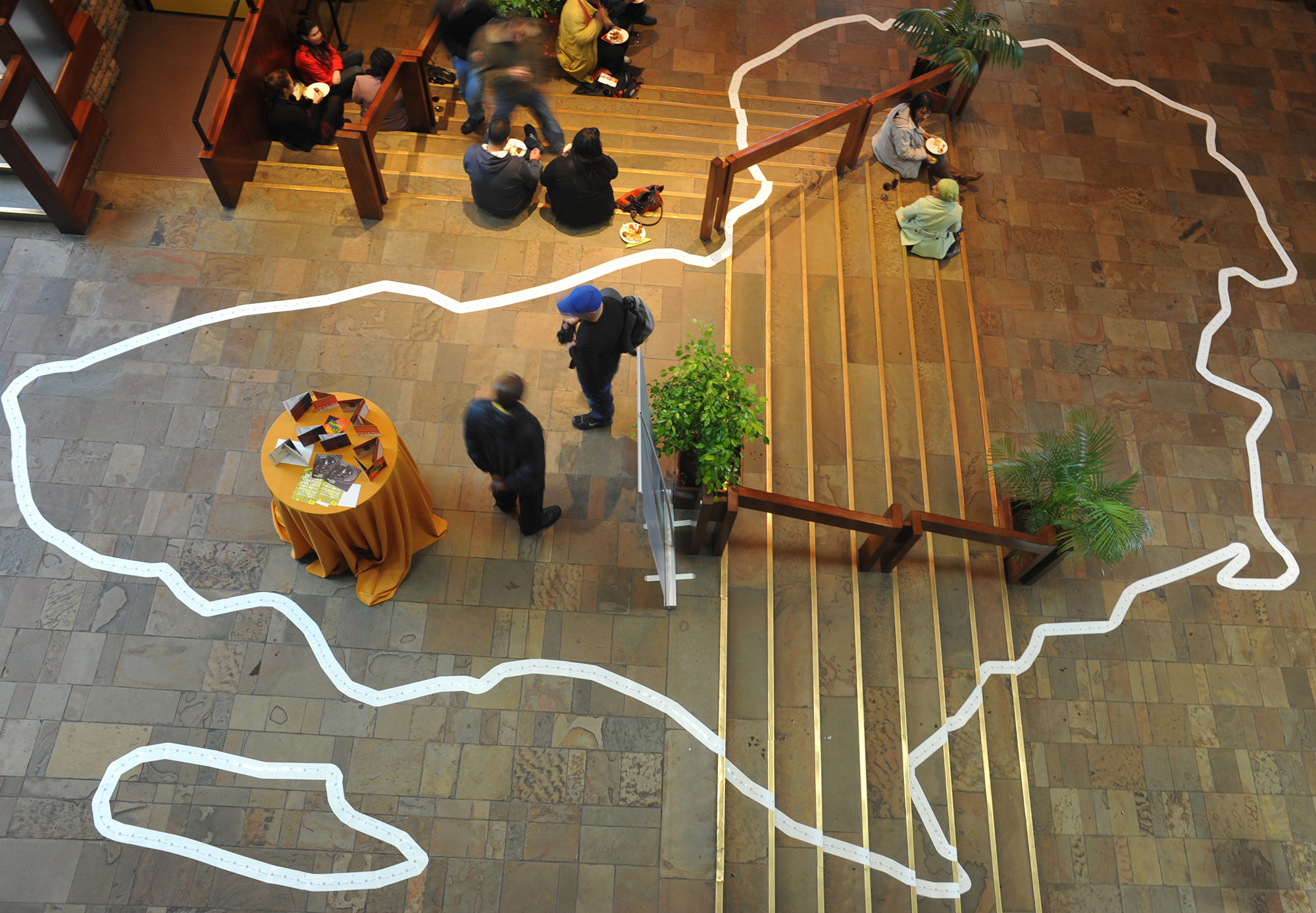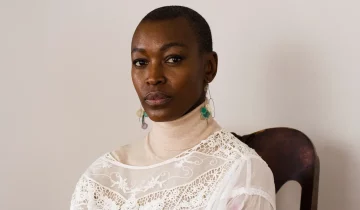Africa Day: A Celebration of Artistic Diversity and Heritage
As the golden sun stretches its warm embrace across the African continent, a celebration ensues. Africa Day, observed every year on May 25th, is a vibrant and meaningful commemoration of the founding of the Organization of African Unity, now known as the African Union. This annual festivity brings the diverse cultures, traditions, and creative expressions of Africa to the forefront, encouraging unity, understanding, and collaboration.
The theme for Africa Day 2023 is “Africa – Opportunities in Challenging Times”, a poignant reminder that the challenges faced by the continent are also catalysts for change and growth. This journal will delve into the rich artistic diversity and heritage that define Africa, exploring how these treasures present opportunities in times of adversity.
Artistic Diversity in Africa
African art is a complex tapestry of colors, textures, and emotions, woven through the ages by countless gifted hands. The continent is a treasure trove of artistic expression, spanning from the visual arts to the performing arts and literary arts.
Visual Arts
Visual arts in Africa are a diverse and dynamic field, encompassing both traditional and contemporary styles. Ancient African paintings, such as those found in the rock art of the Tassili n’Ajjer in Algeria, offer glimpses into the lives and thoughts of our ancestors. Fast forward to today, and we find contemporary artists like Nigeria’s Njideka Akunyili Crosby and South Africa’s Mary Sibande using various mediums to tell stories of heritage, identity, and socio-political issues.
Performing Arts
In Africa, the performing arts have always been a vital part of communal life. Dance and music, deeply ingrained in the fabric of African societies, serve as both forms of entertainment and spiritual expression. For instance, the Gule Wamkulu, a ritual dance practiced by the Chewa people in Malawi, communicates important ancestral messages while captivating audiences with its intricate choreography. Similarly, Fela Kuti, the pioneer of Afrobeat, used his music to critique political corruption and advocate for social change in Nigeria.
Theatre and storytelling are also essential aspects of African performing arts. Griots, or traditional storytellers, have held esteemed roles in West African societies for centuries, preserving and sharing the histories and values of their communities. Today, contemporary playwrights like Wole Soyinka and Athol Fugard continue to use the stage as a platform to explore complex themes and challenge social norms.
Literary Arts
African literature and poetry have flourished as a means of expressing the continent’s diverse experiences and emotions. Writers like Chinua Achebe, Nadine Gordimer, and Ngũgĩ wa Thiong’o have captured the hearts and minds of readers worldwide with their powerful storytelling. Oral traditions, such as the epic poems of the Mande people and the praise songs of the Shona people, have also played a crucial role in preserving African history and culture.
The artistic diversity of Africa is intrinsically connected to the continent’s history, culture, and social issues. Colonialism, with its oppressive and exploitative nature, significantly impacted the development of African art. However, artists found ways to subvert and resist colonial influence, using their talents to express their unique identities and assert their independence. As the world becomes increasingly interconnected, African art continues to evolve, influenced by global cultural exchange and technological advancements.
Heritage and Its Importance in African Art
Preserving the rich heritage of African art is essential to the continent’s cultural identity and pride. Traditional art forms, from ancient sculptures to delicate beadwork, serve as tangible links to the past and the values of African societies.
Preservation of Traditional Art Forms
Museums and cultural institutions play a vital role in safeguarding Africa’s artistic treasures. Institutions such as the National Museum of African Art in Washington, D.C., and the Zeitz Museum of Contemporary Art Africa in Cape Town, South Africa, provide spaces for showcasing and studying the rich history of African art. These establishments not only celebrate artistic achievements but also educate the public on the cultural significance of these works.
Intangible cultural heritage, including oral traditions, rituals, and indigenous knowledge systems, is equally vital to the preservation of African art. UNESCO’s Convention for the Safeguarding of the Intangible Cultural Heritage recognizes the importance of these practices and encourages their transmission from generation to generation. This ensures that the essence of Africa’s diverse cultures remains alive and thriving.
Connection to Identity and Cultural Pride
Art serves as a powerful form of self-expression for African artists, allowing them to explore their identities and connect with their cultural roots. For instance, Kenyan-born artist Wangechi Mutu combines traditional African aesthetics with contemporary themes to create thought-provoking collages and sculptures that challenge conventional notions of beauty and femininity.
African art also plays a significant role in preserving cultural memory. Works such as the Great Zimbabwe ruins, the Benin bronzes, or the Ashanti gold weights embody the artistic achievements and historical narratives of their respective societies, inspiring pride and unity among the people.
Opportunities in Challenging Times
In the face of adversity, African art has consistently proven to be a driving force for social change, economic growth, and innovation.
Art as a Catalyst for Social Change
Throughout history, African artists have used their talents to address contemporary issues and empower marginalized communities. For example, Kenyan artist Boniface Mwangi uses thought-provoking street art and photography to tackle corruption and human rights abuses. Similarly, the Kurema, Kureba, Kwiga initiative in Rwanda uses public art to promote dialogue and healing in the aftermath of the 1994 genocide.
Economic Opportunities for African Artists
The global art market and creative industries offer numerous opportunities for African artists to earn a living while sharing their culture with the world. Art fairs like the 1-54 Contemporary African Art Fair in London and the FNB Art Joburg in Johannesburg provide platforms for African artists to showcase their work and connect with collectors, curators, and enthusiasts. Furthermore, initiatives such as the African Artisans Project aim to create sustainable livelihoods for traditional artisans by promoting their products in international markets.
Technological Advancements and Their Impact on African Art
The digital age has opened up new avenues for African artists to share their work, collaborate, and gain exposure. Social media platforms like Instagram and Facebook have become virtual galleries, allowing artists to connect with fans and potential buyers. Meanwhile, virtual reality and immersive experiences have revolutionized how audiences engage with art, enabling them to explore African heritage and stories in unprecedented ways.
In summary, Africa Day offers a unique opportunity to celebrate the continent’s artistic diversity and heritage, showcasing the creativity, resilience, and innovation of its people. As Africa continues to navigate challenging times, the power of art to inspire, unite, and transform should not be underestimated.
By embracing the rich tapestry of African art, we can foster greater understanding and appreciation of the continent’s cultural legacy, while supporting the artists who bring these stories to life. As we reflect on Africa Day and its 2023 theme, let us remember that the challenges we face also present opportunities for growth, collaboration, and a brighter future for the African continent and its people.
Frequently Asked Questions
Q: Why do we celebrate Africa Day on 25 May?
A: We celebrate Africa Day on 25 May to commemorate the founding of the Organization of African Unity (OAU) on this date in 1963. The OAU, now known as the African Union, was established to promote unity, solidarity, and cooperation among African countries.
Q: What is the special Day Africa Day?
A: Africa Day is a special day observed annually on May 25th to celebrate the diversity, achievements, and aspirations of the African continent. It serves as an opportunity to reflect on Africa’s past, present, and future, while fostering unity and understanding among its people.
Q: What African celebration is in May?
A: Africa Day, celebrated on May 25th, is a significant annual event that honors the founding of the Organization of African Unity (OAU) and highlights the rich cultural heritage, artistic diversity, and achievements of the African continent.
Q: What happened on 25 May 1963?
A: On 25 May 1963, representatives from 32 African nations convened in Addis Ababa, Ethiopia, to establish the Organization of African Unity (OAU). The OAU, now known as the African Union, aimed to promote unity, solidarity, and cooperation among African countries, fostering political and economic integration and facilitating decolonization efforts.
Q: Which country inspired Africa Day?
A: While no single country can be credited with inspiring Africa Day, the celebration has its roots in the pan-African movement, which sought to unite and empower people of African descent across the globe. The establishment of the Organization of African Unity (OAU) on May 25, 1963, provided the impetus for the annual observance of Africa Day, honoring the collective efforts of African nations to forge a united and prosperous continent.





 No products in the basket.
No products in the basket.